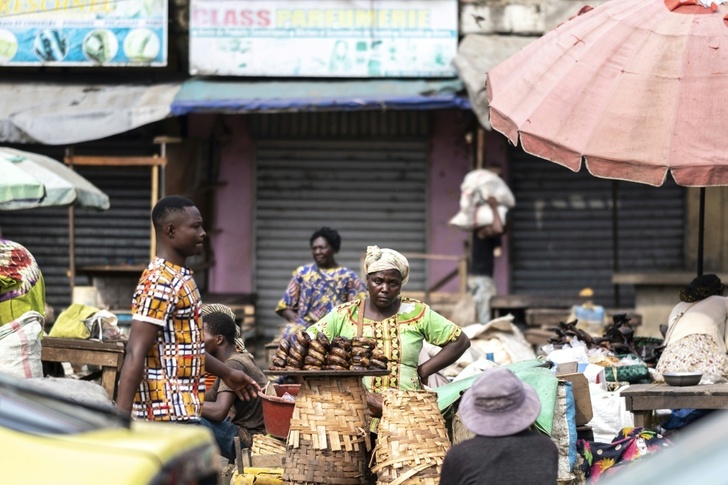The EU on Thursday gave a "red card" to Cameroon for failing to cooperate in the international fight against illegal fishing.
The European Commission said in a statement it had identified Cameroon as a "non-cooperating country," earning the "red card" designation, and would ask EU member states to add the country to the bloc's blacklist.
It said that was because Cameroon continues to register fishing vessels operating outside its waters without sufficiently monitoring their activities -- including one vessel involved in illegal fishing.
A "red card" could prevent Cameroon being able to export its fishery products to the European Union.
However, at the moment no such exports happen because Cameroon's products do not meet EU sanitary standards.
The designation could also ban EU companies from buying Cameroon-flagged fishing vessels or carrying out joint fishing operations with such vessels, or reflagging such vessels.
EU fishing commissioner Virginijus Sinkevicius said "we have zero tolerance for IUU (illegal, unreported and unregulated) fishing" and the proposed designation of Cameroon reflected that.
He said the commission was ready to continue talks with Cameroon on the issue so that it could meet the required standards.
The commission statement said the EU views illegal fishing as "one of the most serious threats to the sustainable exploitation of living aquatic resources."
It said it also jeopardises the bloc's common fisheries policy and its efforts to promote better ocean governance.
The commission has issued illegal fishing "red cards" to six other countries since 2013: Belize, Cambodia, Comoros, Guinea, Sri Lanka, and Saint Vincent and the Grenadines.
Of those, Belize, Guinea and Sri Lanka have made changes to get off the EU blacklist.
rmb/raz/ri
© Agence France-Presse
Your content is great. However, if any of the content contained herein violates any rights of yours, including those of copyright, please contact us immediately by e-mail at media[@]kissrpr.com.
Source: Story.KISSPR.com

